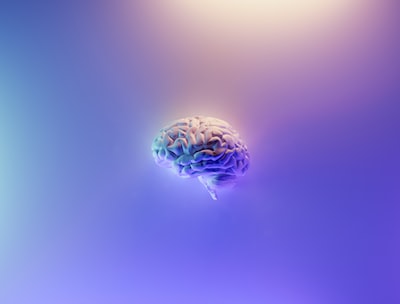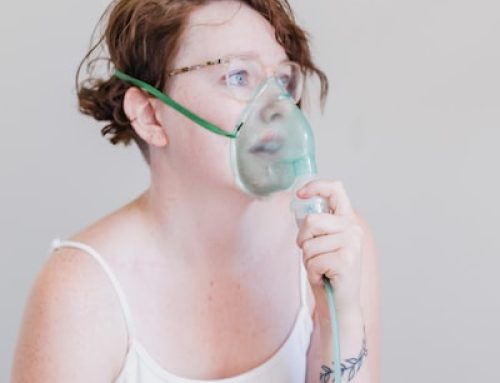Neurogenesis, the process by which new neurons are generated in the brain, has become a topic of great interest in neuroscience research. Scientists have discovered that neurogenesis occurs throughout an individual’s lifespan, not just during early development, and may be involved in brain repair and recovery from injury. In this article, we’ll explore the scientific research on the pathways of neurogenesis, including the factors that regulate it and the potential implications for brain health.
The Hippocampal Pathway:
One of the most well-studied pathways of neurogenesis occurs in the hippocampus, a brain region associated with learning and memory. In this pathway, neural stem cells located in the hippocampus differentiate into new neurons that integrate into existing neural circuits. The process is regulated by a variety of factors, including growth factors, neurotransmitters, and environmental stimuli.
The Sub-ventricular Zone Pathway:
Another pathway of neurogenesis occurs in the sub-ventricular zone, a region located in the walls of the lateral ventricles of the brain. In this pathway, neural stem cells differentiate into new neurons that migrate to the olfactory bulb, where they integrate into the neural circuits involved in smell perception. The process is regulated by a similar set of factors as the hippocampal pathway, including growth factors, neurotransmitters, and environmental stimuli.
Regulation of Neurogenesis:
The pathways of neurogenesis are tightly regulated by a variety of factors. Growth factors, such as brain-derived neurotrophic factor (BDNF), play a critical role in promoting the survival and differentiation of new neurons. Neurotransmitters, including dopamine and serotonin, can also influence the generation and migration of new neurons. Additionally, environmental factors, such as physical exercise and enriched environments, have been shown to enhance neurogenesis.
Implications for Brain Health:
The discovery of adult neurogenesis has opened up new possibilities for treating brain injury and neurodegenerative disorders. For example, researchers are exploring ways to enhance neurogenesis in the hippocampus to improve learning and memory in aging populations. Additionally, neurogenesis may play a role in recovery from brain injury and stroke, as new neurons can help to replace damaged or lost neural circuits.
Neurogenesis is a complex process that occurs throughout an individual’s lifespan and is regulated by a variety of factors. The hippocampal and subventricular zone pathways are two well-studied routes of neurogenesis, and both are influenced by growth factors, neurotransmitters, and environmental factors. Understanding the pathways of neurogenesis and their regulation is critical to developing new treatments for brain injury and neurodegenerative disorders.
If you or anyone you know is suffering from sleeping disorders, chronic mental illness like depression, anxiety, delusional episodes, etc., neurological diseases like Alzheimer’s disease, alcohol addiction, brain trauma, cognitive deficiency, or undergoing treatments for neurodegenerative diseases, please contact Specialized Therapy Associates at 201-488-6678 or The Functional Medicine Center for Personalized Care, LLC (www.FxMedCenters.com) at 201-880-8247 for our Integrative Mind-Body Health services which can greatly help you with holistic mind-body healing.
References:
Ming GL, Song H. Adult neurogenesis in the mammalian brain: significant answers and significant questions. Neuron. 2011;70(4):687-702.
Doetsch F. A niche for adult neural stem cells. Curr Opin Genet Dev. 2003;13(5):543-550.
Park H, Poo MM. Neurotrophin regulation of neural circuit development and function. Nat Rev Neurosci. 2013;14(1):7-23.
Zhao M, Momma S, Delfani K, et al. Electrical signaling in control of adult neurogenesis. Prog Neurobiol. 2008;84(5):348-359.
Van Praag H, Kempermann G, Gage FH. Neural consequences of environmental enrichment. Nat Rev Neurosci. 2000;1(3):191-198.






